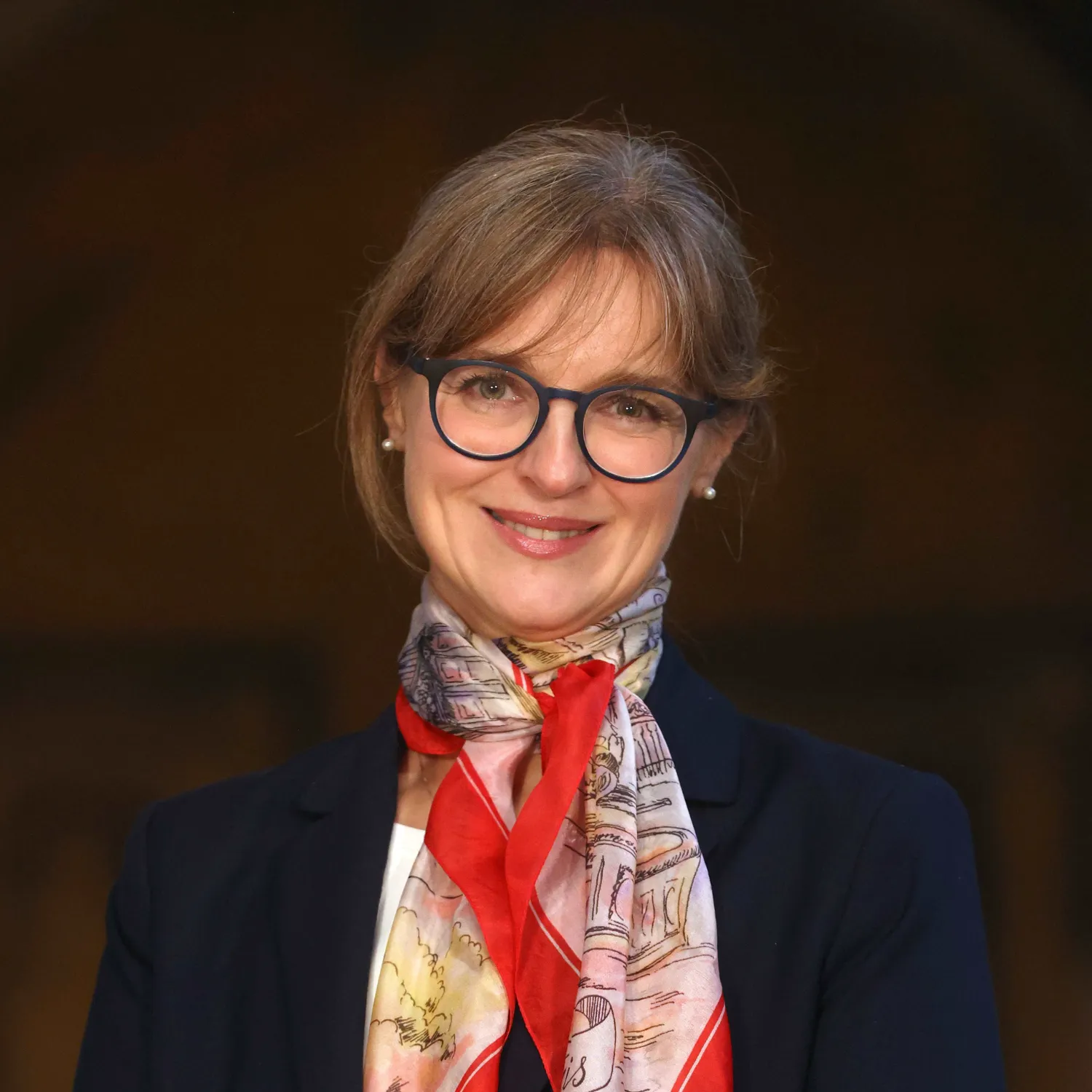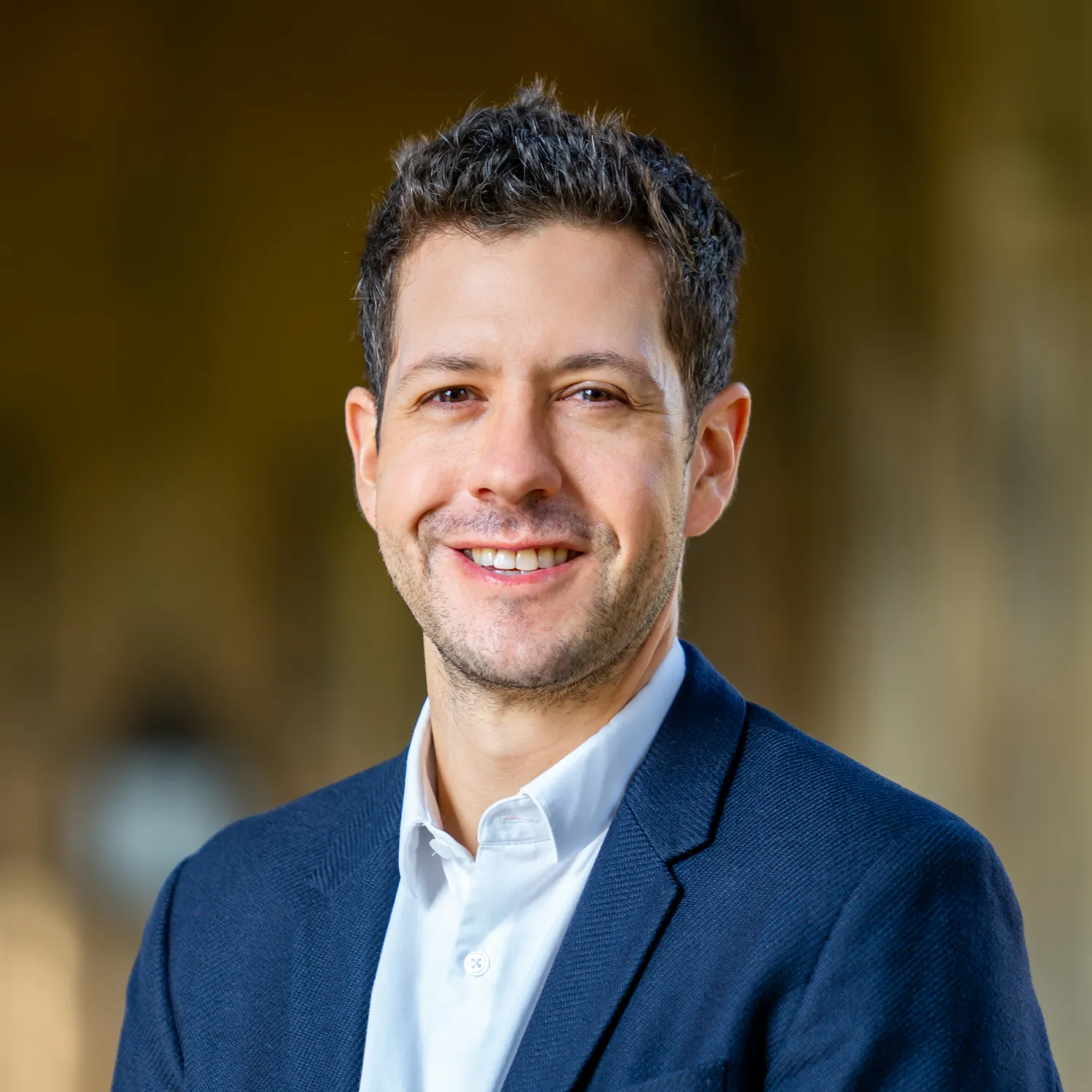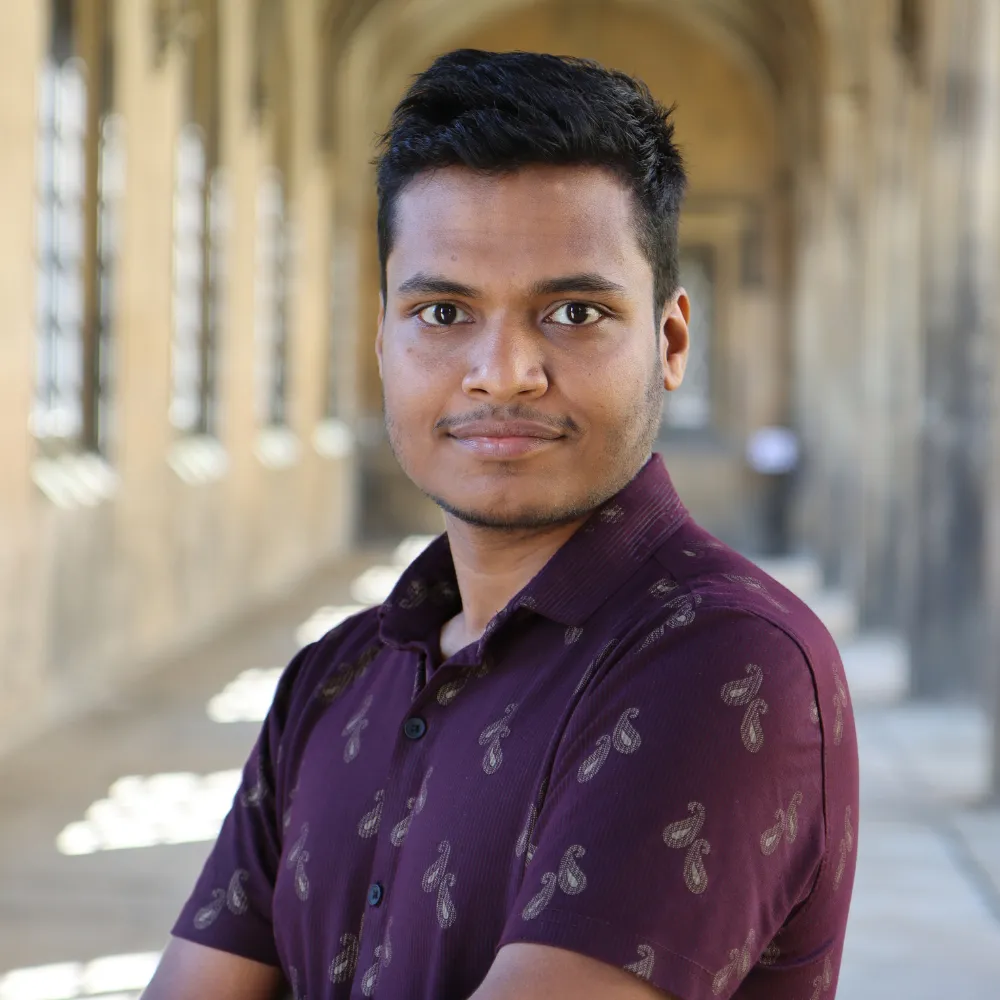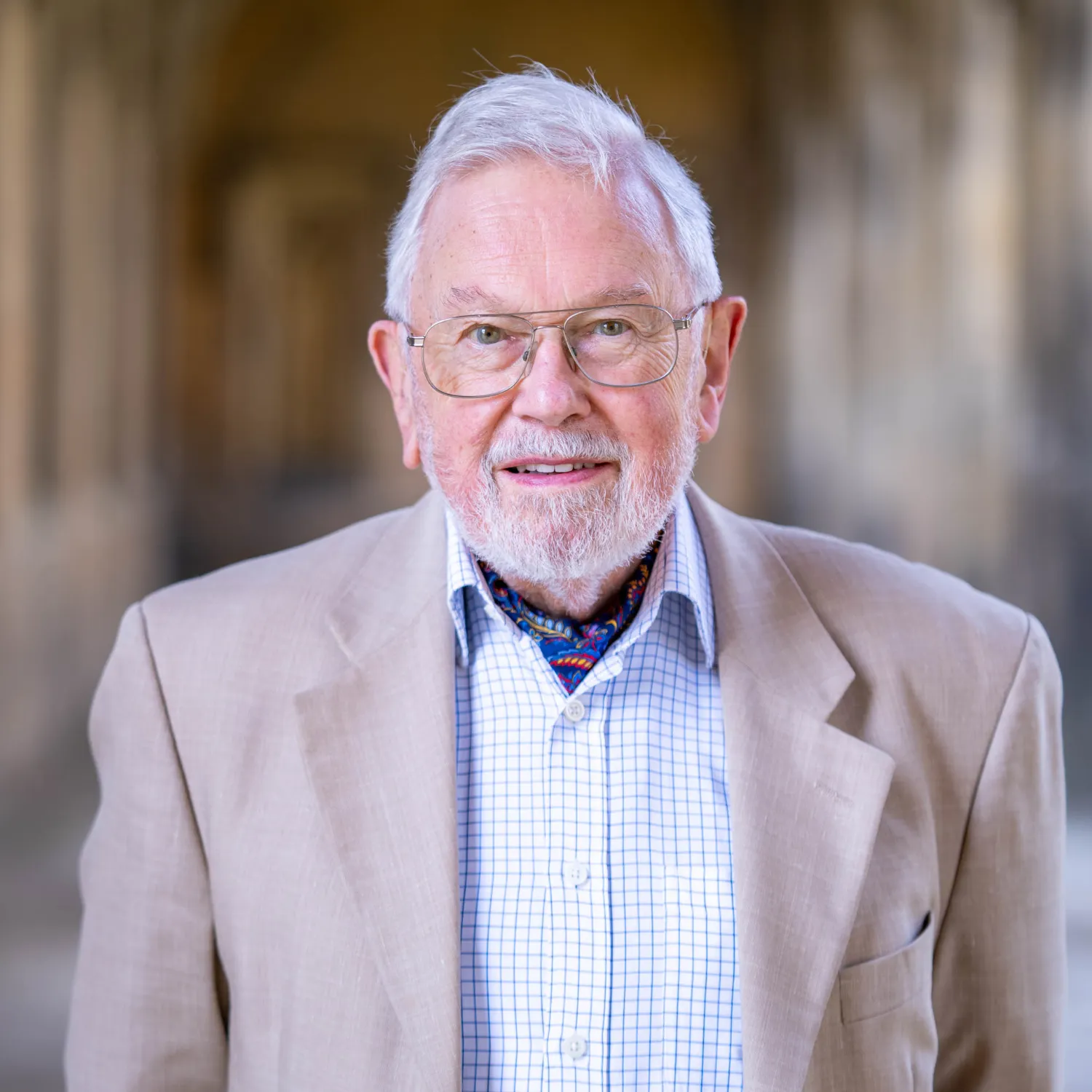The Fellowship of St John’s is an internationally renowned group of more than 150 academics who lead the College, push the boundaries of research and innovation, and cultivate an intellectually vibrant community dedicated to excellence across diverse disciplines
.webp)
.webp)






.webp)




.webp)




.webp)




.webp)
.webp)











.webp)










.webp)






.webp)







.webp)
.webp)


.webp)
.webp)


.webp)






